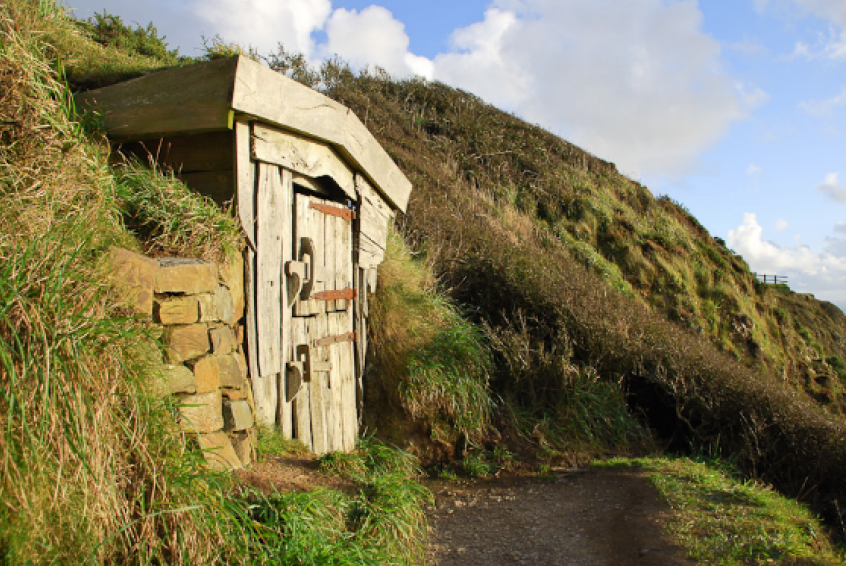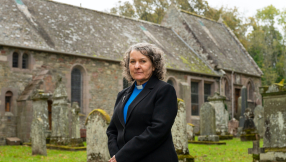One of the most intriguing of Christmas poems is not as well known as it should be. It's about the Incarnation, and it's an attempt to imagine, as far as anyone can imagine, the metaphysical reality behind the doctrine. What happened in and through Mary when God became flesh in her womb? Theologians have written reams about this, but perhaps it takes a poet. In Aishah Shechinah ('The Numinous Woman'), Robert Stephen Hawker (1803-1875) writes of Mary as semi-divine, in startling terms for a 19th-century Anglican clergyman (though he became a Catholic on his deathbed) – she is:
'A shape, like folded light, embodied air,
Yet wreathed with flesh, and warm:
All that of heaven is feminine and fair,
Moulded in visible form...'
But his focus is not on her, but on the life within her: 'Folded within her fibres meekly lay/ The link of boundless God.'
She and her son are:
'So linked, so blent, that when, with pulse fulfilled,
Moved but that Infant Hand,
Far, far away, His conscious Godhead thrilled,
And stars might understand.'
In a powerful image, he writes of the union of human and divine as a blacksmith forging metal onto metal: 'Deep in that womb the conquering Paraclete/ Smote Godhead on to man.'
And he closes with the unforgettable picture of Mary with 'Her God upon her lap, the Virgin Bride,/ Her awful Child, her Son!'

Hawker was something of a strange figure in his lifetime, with an extraordinary range of interests. He was the vicar of Morwenstowe in Cornwall, where wreckers and smugglers abounded, and was a compassionate pastor who insisted on proper burials for the drowned sailors washed ashore on that wild coast. He was an antiquary who was fascinated by local songs, folk tales and customs, and was the inventor of the Harvest Festival that is a feature of most churches' lives today.
He was eccentric in his dress, loving bright colours and wearing a pink brimless hat and a poncho made from a yellow horse-blanket. He kept a pig as a pet and invited his nine cats to church, though he excommunicated one of them for mousing on a Sunday.
He built a hut out of driftwood overlooking the sea, which is preserved by the National Trust.
Follow Mark Woods on Twitter: @RevMarkWoods













